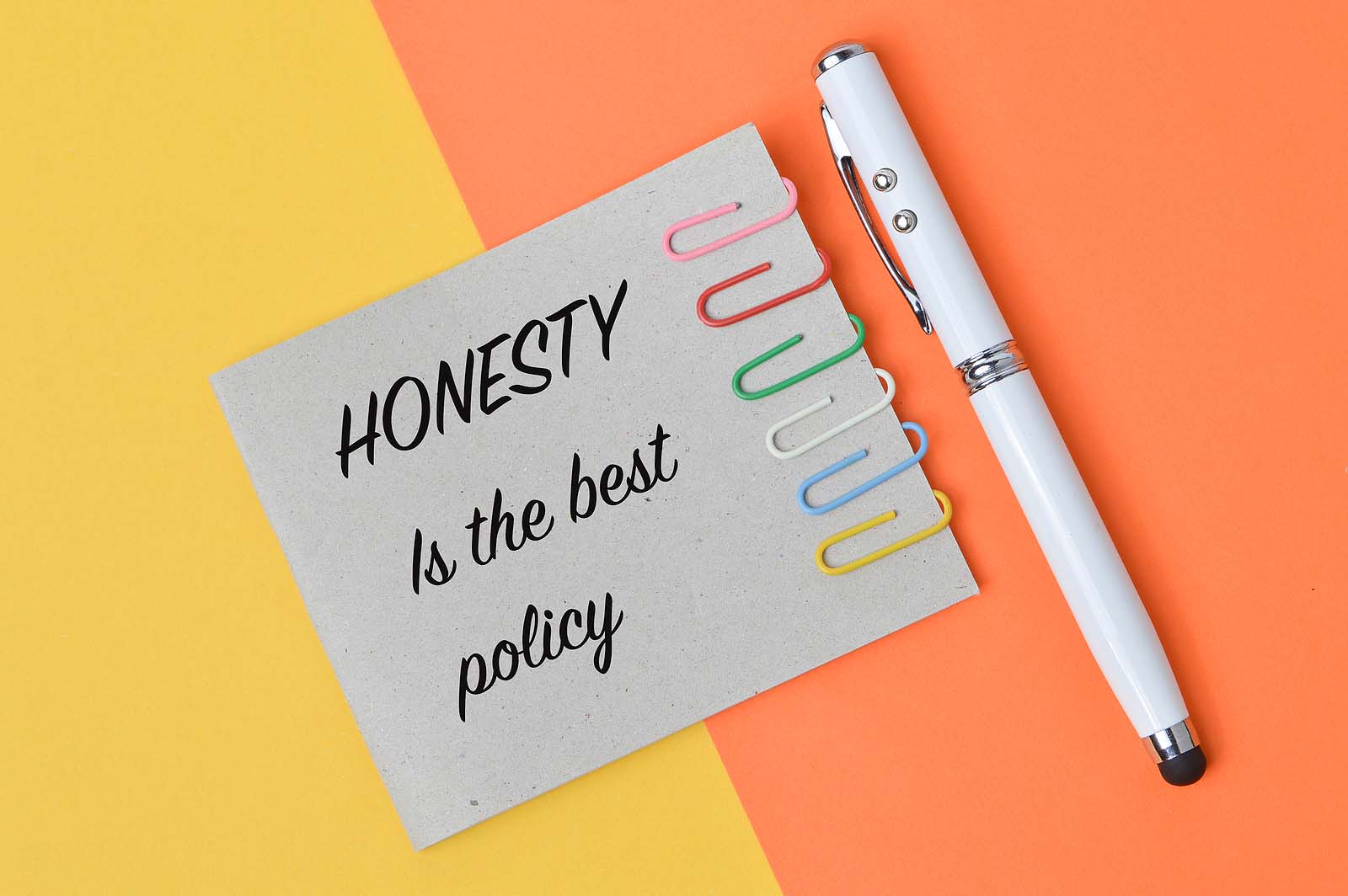Posted: October 5, 2021

Instilling honesty in your children can seem like a monumental task. At some point in time, all children will lie – sometimes a small lie to get attention or avoid getting into trouble, and sometimes a more serious, problematic lie.
Here are some ways you can teach your children to be honest:
- Role Model. Parents tell “white lies” all the time – to avoid hurting someone’s feelings or simply to be polite. Teach your children to be kind and truthful at the same time. If you do not like the dress your friend is wearing, instead of saying “that’s a beautiful dress,” try “that color brings out your eyes.” Find something positive (that’s true!) to say or do not say anything at all. Your children will learn honesty from positive role models.
- Communicate. As with any lesson you may teach your children, it is never too early to talk to them about truthfulness. The opportunity for this type of discussion may present itself when discussing a story, book or television show. This may be especially helpful if you find your child is less than truthful. Children are more comfortable discussing negative behaviors and internalizing the message when they do not feel that they are thesubject of criticism.
- Do Not Put Children in a Position to Lie. We have high expectations of our children. Sometimes too high! It’s natural for children to want to avoid disappointing parents or to avoid negative consequences as a result of unacceptable behaviors. When you already know the answer to a question that may elicit an untruth, do not ask the question. Instead, focus on the behavior about which your child will likely be untruthful.
- Do Not Call Your Child a Liar. Your child may have lied, maybe even more than once, but your child is not defined by that act. Distinguish between the behavior and the child. Labeling your child a liar may affect self-esteem and lead your child to think of himself or herself as a liar, perhaps therefore more likely to be dishonest in the future.
- Encourage The Five Second Rule. If you think your child may be dishonest, suggest that he or she wait five seconds before speaking. Five seconds may not seem like a long time, but is often just enough time for a child to think about what to say before responding. That pause gives your child the opportunity to think about an honest and appropriate response, rather than to instinctively lie in order to avoid negative consequences.
- One More Chance. If you suspect that your child may not be telling the truth, allow another opportunity to do so. Explain that what you’ve just been told is a little difficult to believe. Ask your child to think about changing or adding to whatever was said. Then, give him or her another chance to answer honestly after giving it some thought.
- Praise Honesty. When your child, knowing that honesty will lead to negative consequences, is truthful about having done something wrong, praise your child. Tell him or her that you realize it was difficult to be honest. Your positivity will go much further than simply focusing on the negative consequences. This is especially important if your child has lied to you in the past and is now being honest.
- Consequences. While honesty should be praised, lying cannot be ignored and warrants consequences. Positive reinforcements used in conjunction with negative consequences, or the unwanted natural consequences of the child’s behavior, will promote honesty. It is important that the consequence be closely related to the behavior and not excessive.
- Remain Calm. Parents often take it as a personal affront when their children lie. Please do not. Remember that the lie is not directed to hurt you. Use incidents of lying as teachable moments and explain the importance of always being honest. When you model acceptance and forgiveness for your children who may have lied, you make it easier for them to tell you the truth next time.


